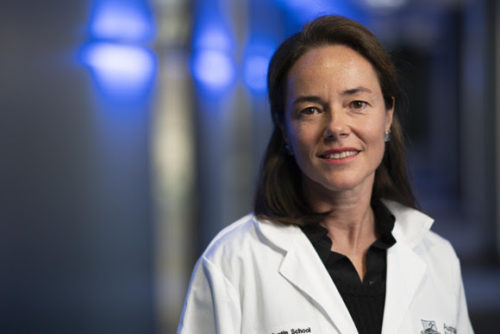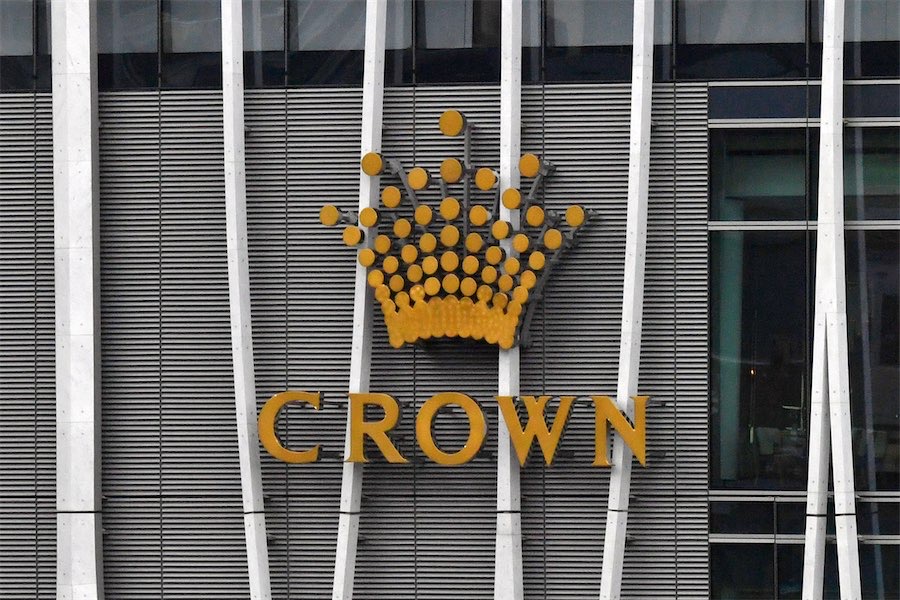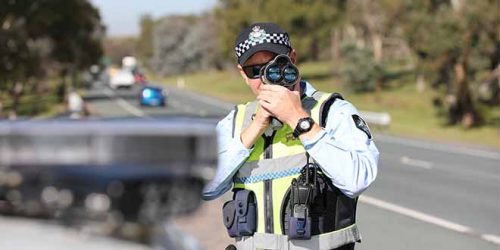
BEFORE Jenny Pryor passed away in 2017, Jenny and her husband Bruce made a $10million donation to ANU to help people suffering with the rare autoimmune disease dermatomyositis, or DM.
In her later years Jenny had suffered from DM, which causes chronic muscle inflammation, pain and weakness, and made the donation to help empower researchers to find a cure for diseases like DM.
It’s the largest bequest ANU has ever seen and the co-director of the ANU Centre for Personalised Immunology, Prof Carola Vinuesa says the funding will unlock vital work that “will give sufferers new hope for a cure”.
The money will establish the Jenny and Bruce Pryor Research Fellowship at the ANU Centre for Personalised Immunology and be used to research dermatomyositis.
The Pryors first approached ANU with their intentions in 2017 and their wishes have been stewarded by nephew, James Graham, and his partner Tanya.
“But both Jenny and Bruce wanted to make sure other people would not have to suffer like she had. Their incredible generosity and commitment means this hope is now possible,” Mr Graham says.
“Jenny suffered from DM in her later years and was diagnosed quite late in life. While the disease took its toll, Jenny always remained stoic. She never showed the significant impact it was taking.
“They were both extremely humble and generous people. They were committed to contributing and building a community around them. They worked hard their whole lives living modestly, to generate an amazing legacy of which the bequest to ANU is a significant part.”
Because DM is a rare disease, affecting one in 100,000 people, Prof Vinuesa says it is not a prominent part of current large research programs.
“This bequest changes everything,” she says.
“It will enable us to build the most comprehensive discovery program for DM in Australia and possibly the world.
“We hope the important work this bequest funds will help us understand the causes of DM and discover much needed therapies to improve the life of people with it, if not cure the disease entirely.
“I want to thank Jenny and Bruce Pryor for being so generous and so visionary. We are humbled by their support and we will do everything we can to use their funding to make a difference to patients like Jenny and their families.
“This is not just a gift to ANU. This is a gift to the world.”
Prof Matthew Cook, co-director of the centre said the severity of DM varies significantly between people.
“It depends on the organs affected – whether that’s the muscles, joints, lungs, oesophagus or the heart,” he says.
“Muscle weakness can significantly affect physical abilities and quality of life.
“And patients with DM often have other autoimmune diseases.”
Who can be trusted?
In a world of spin and confusion, there’s never been a more important time to support independent journalism in Canberra.
If you trust our work online and want to enforce the power of independent voices, I invite you to make a small contribution.
Every dollar of support is invested back into our journalism to help keep citynews.com.au strong and free.
Thank you,
Ian Meikle, editor





Leave a Reply